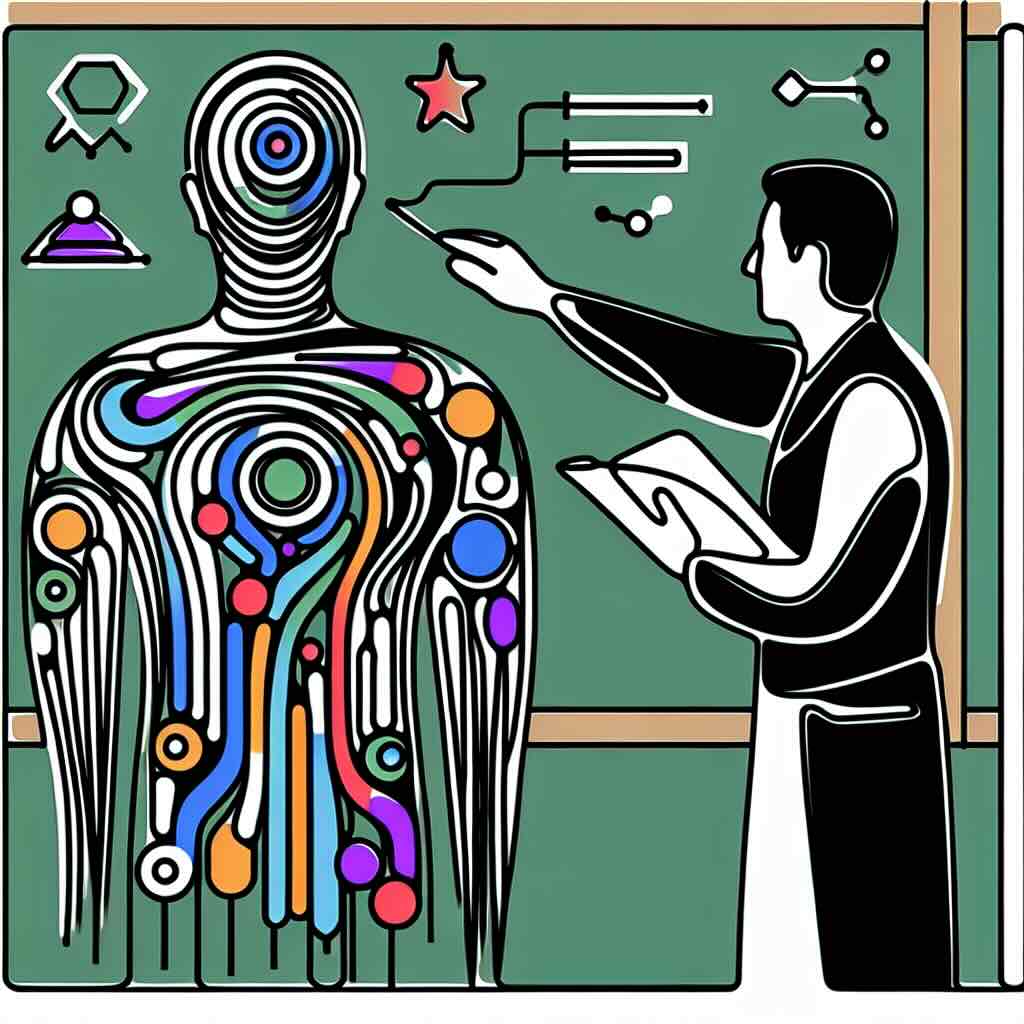E-Learning programs are a powerful medium to develop essential soft skills such as communication, teamwork, critical thinking, and time management. This blog post explores how these programs can be effectively used to hone these skills, the benefits and risks involved, and a simple exercise to get started today.
Table of Contents:
1. Understanding Soft Skills
2. How E-Learning Programs Enhance Soft Skills
3. Benefits of Developing Soft Skills Through E-Learning
4. Potential Risks of E-Learning for Soft Skills Development
5. Quick Exercise: Practice Active Listening
6. Conclusion
7. Try it yourself
8. Related Topics
Understanding Soft Skills
Soft skills are non-technical skills that relate to how you work and interact with others. They include communication, teamwork, problem-solving, leadership, and adaptability. These skills are vital in various job roles and have a significant impact on your professional growth and workplace success. Unlike hard skills, which can be measured and quantified, soft skills are more subjective but equally critical. E-learning programs offer innovative ways to cultivate these abilities by providing interactive and immersive experiences that replicate real-life scenarios.
How to Design for Soft Skills within E-Learning
You can design various approaches such as simulations, role-playing activities, and interactive modules into e-learning to help develop soft skills. For instance, a simulation can place a learner in a virtual meeting where learners must communicate effectively and navigate team dynamics. Role-playing activities can help improve negotiation and conflict-resolution skills. Digital platforms can include quizzes, video tutorials, and discussion forums, enabling real-time feedback and collaboration among peers, which are essential for soft skills development. With advancements in AI and VR, you can consider how to make these experiences more personalised and immersive.
Benefits of Developing Soft Skills Through E-Learning
One of the key benefits of using e-learning to develop soft skills is flexibility. Learners can access the content anytime, anywhere, fitting their learning around their schedules. Additionally, the self-paced nature of e-learning means learners can take the time they need to practice and refine their soft skills. E-learning platforms often provide a wealth of resources, including case studies, interactive exercises, and real-world scenarios, making the learning experience rich and engaging. This method also encourages continuous learning and development, as learners can return to modules whenever they need to refresh their skills.
Potential Risks of E-Learning for Soft Skills Development
While e-learning offers many advantages, there are potential risks to consider. The lack of face-to-face interaction can make it challenging to develop certain soft skills, such as emotional intelligence and empathy, which are often honed through in-person interactions. Additionally, the effectiveness of e-learning content depends heavily on its quality; poorly designed programs may not provide meaningful learning experiences. There's also a risk that learners might feel isolated or less motivated without the immediate feedback and social bonds that in-person training provides. Therefore, it’s crucial to design high-quality, engaging, and interactive e-learning programs to mitigate these risks.
Quick Exercise: Practice Active Listening
To start developing your soft skills today, try this quick exercise in active listening. Set aside 10 minutes to have a conversation with a colleague, friend, or family member. During this time, focus entirely on what they are saying without interrupting. Make note of their main points and ask follow-up questions to demonstrate your understanding and interest. After the conversation, reflect on what you learned about their perspective and how this exercise helped improve a key soft skill - listening effectively.
Conclusion
Developing soft skills through e-learning is an effective and flexible approach to personal and professional growth. While there are challenges to consider, the benefits significantly outweigh the risks when the programs are well-designed and engaging. E-learning enables continuous soft skills development, essential for navigating today’s dynamic workplace environments.
Try it yourself
1. Identify a key soft skill you want to develop (e.g., communication, teamwork).
2. Find a high-quality e-learning program focused on this skill and enrol.
3. Dedicate time each week to engage actively with the program and apply what you learn in real-life situations.
Related Topics
- Interactive Learning Strategies
- Benefits of Virtual Reality in Education
- Developing Leadership Skills Online
- Utilising AI for Personalised Learning
- The Future of E-Learning and Professional Development







